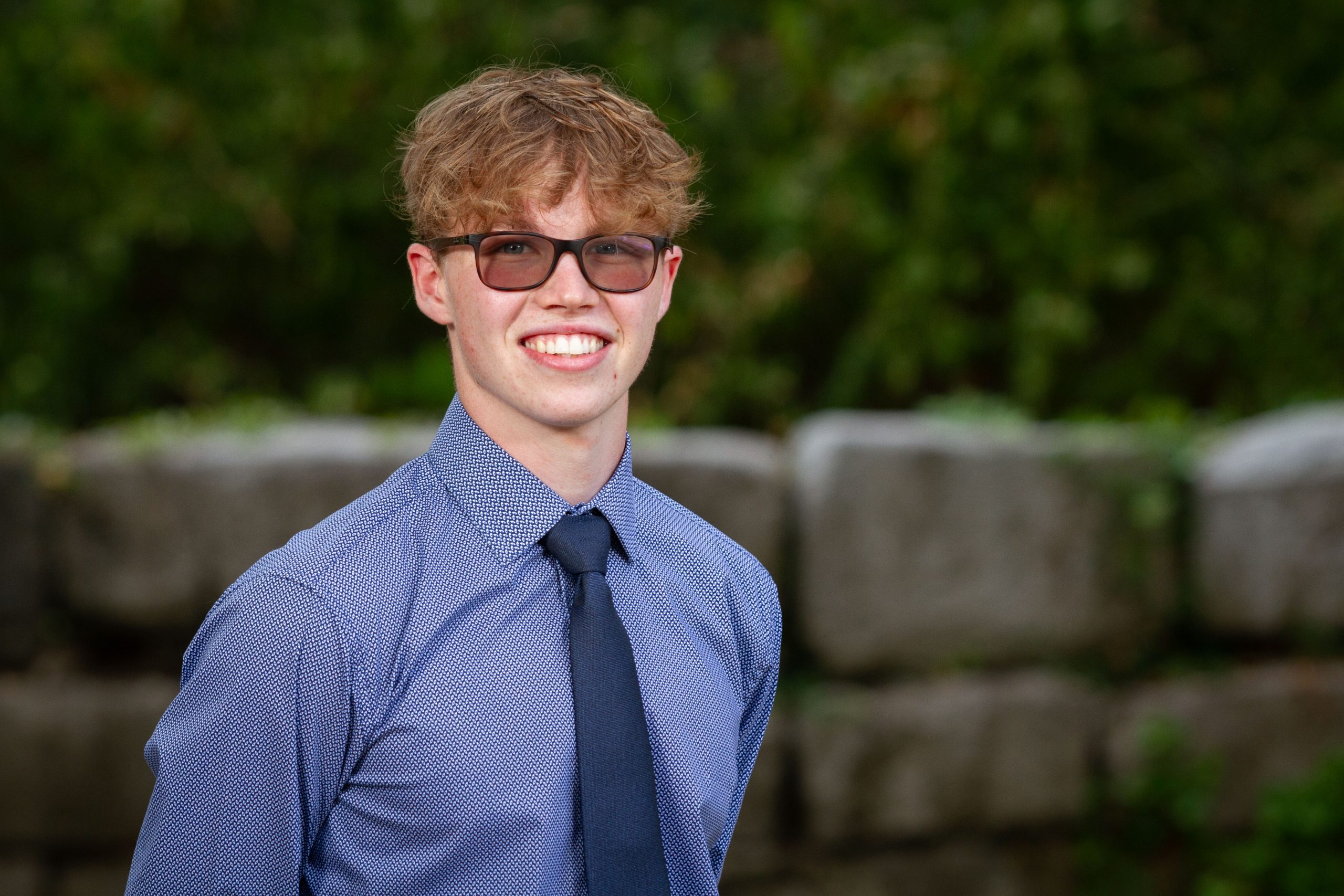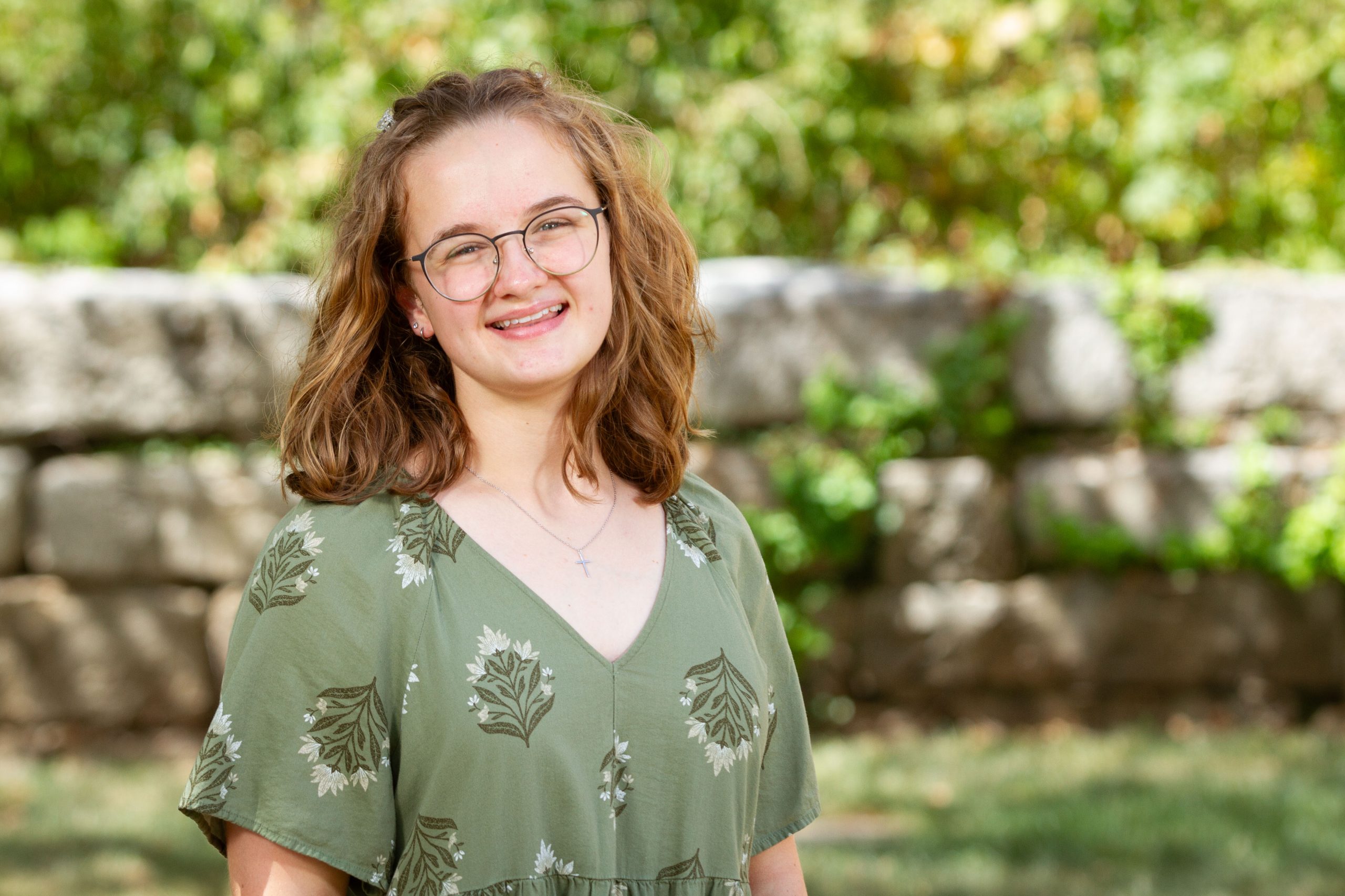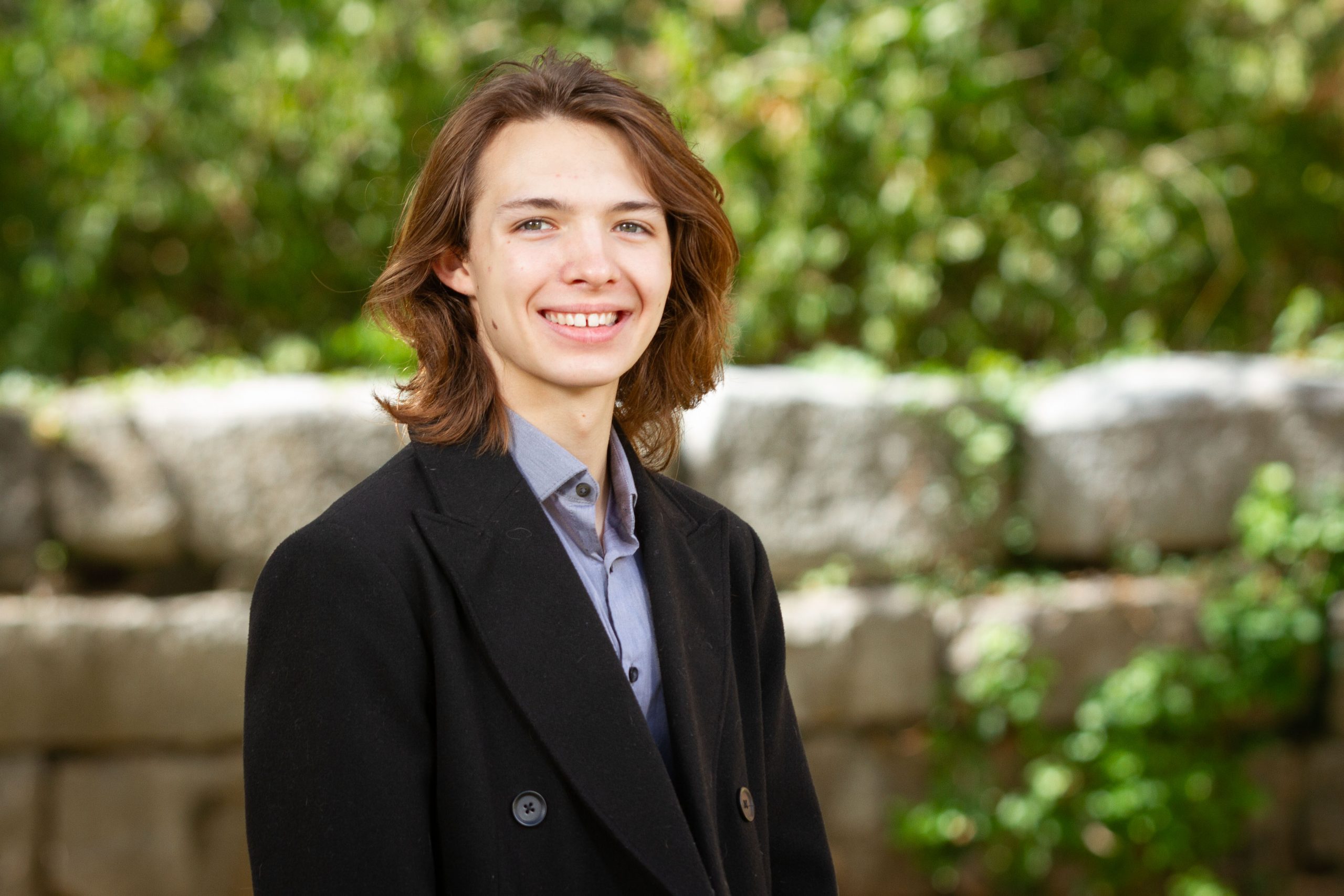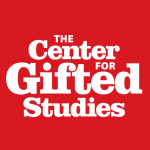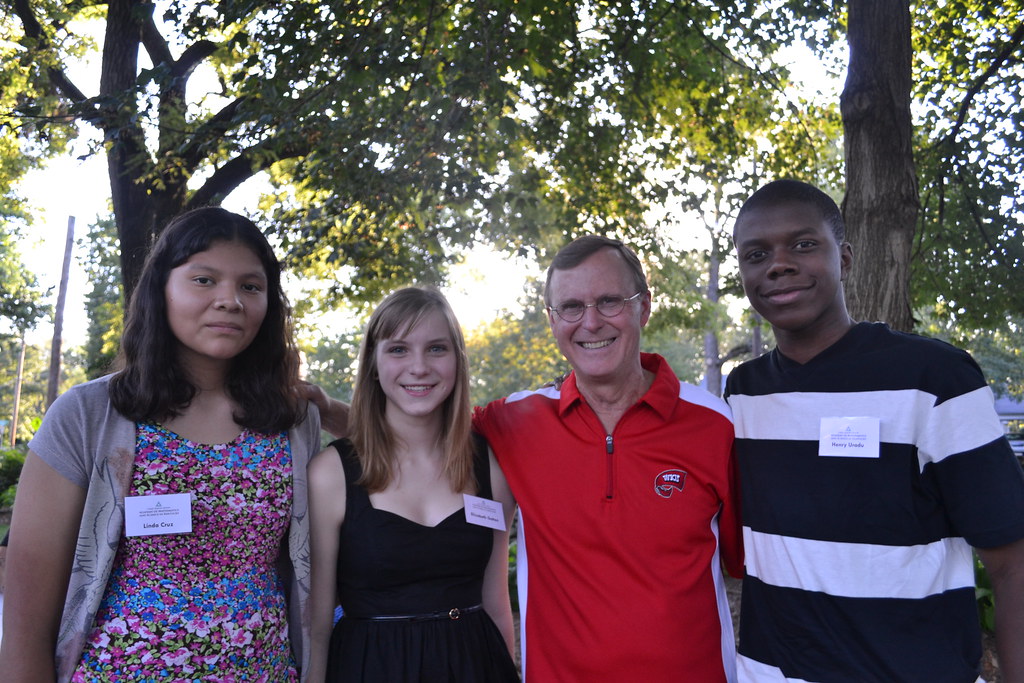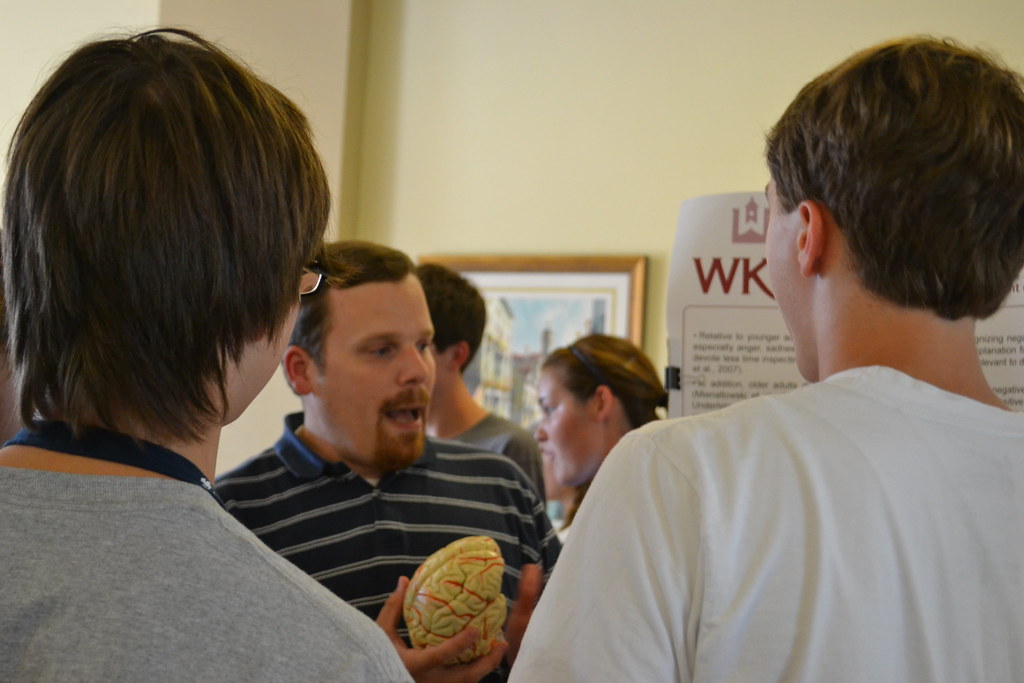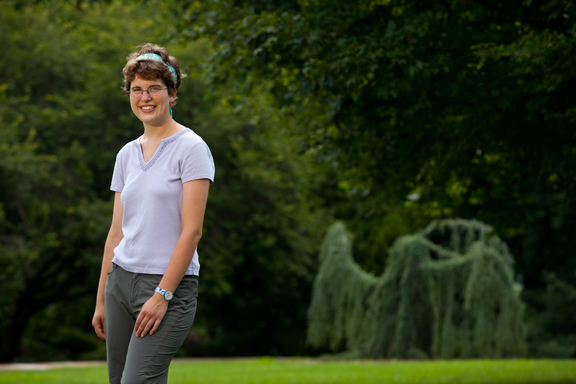Academy Students, Alumni among WKU Biology Students Contributing Research to National DNA Database
November 4, 2011 | Academics, Alumni, News, People, Research, Students, WKU | No Comments
[fblike]
Students in the WKU Biology Department’s Genome Discovery and Exploration class have contributed genomic research to the national DNA sequence database.
Students in the class isolate viruses from soil, purify the viral DNA, then sequence and annotate the viral genome. This unique hands-on, inquiry-based program is sponsored by the Howard Hughes Medical Institute’s Science Education Alliance and is designed to engage new undergraduates in the process of doing scientific research.
Through their efforts in this yearlong research experience, the participating students ultimately contribute new information to the scientific community.
Three newly discovered genomes characterized and annotated by the Genome Discovery and Exploration students were recently released by Genbank, the national DNA sequence database. The type of viruses that were isolated are called bacteriophages; viruses that specifically infect bacterial cells. The students named the newly discovered phages Backyardigan, TiroTheta9 andBarrelRoll.
“The characterization of new viral genomes provides insights into the diversity and evolution of bacteriophages which are the most numerous biological entities on the planet,” said Dr. Rodney King, associate professor of biology.
The WKU students who contributed to the annotation of the viral genomes are as follows (* denotes Gatton Academy student):
- Bacteriophage Backyardigan (Released August 2011) — Courtney Howard* of Radcliff; Prasanna Parthasarathy of India; Ejike Anyanwu of Washington, D.C.; Kaitlyn Cole of Lawrenceburg; Karlee Driver of Lafayette, Tenn.; Elizabeth Farnsworth* of Burlington; Benjamin Howard* of Morehead; Brittney Howard* of Radcliff; Jordan Olberding of Oceanside, Calif.; Mackenzie Perkins of Hopkinsville; Heidi Sayre of Lawrenceburg; Tyler Scaff* of LaGrange; Sarah Schrader* of Bowling Green; and Cynthia Tope* of Burlington.
- Bacteriophage TiroTheta9 (Released August 2011) — Sarah Schrader* of Bowling Green and Prasanna Parthasarathy of India.
- Bacteriophage BarrelRoll (Released September 2011) — Benjamin Rice* of Somerset; Akhila Bethi of India; Lee Calvert of Albemarle, N.C.; Charles Coomer of Louisville; Andrea Eastes* of Mayfield; Erin Eaton of Crestwood; John Faughn of Bowling Green; Alex Gutierrez* of Mount Washington; Anthony Gutierrez* of Mount Washington; Samantha Hawtrey* of Union; George Jones of Central City; Mackenzie Jones of Campbellsville; Zimple Kurlawala of India; Taylor Leet* of Louisville; Lori Lovell* of Louisville; Kaysi Phillips of Nashville, Tenn.; Lori Shoup of Frankfort; Aaron Stolze* of Somerset; Erin Walch* of Alexandria; Eric Westerman of Sebree; Makka Wheeler* of Guthrie; Spencer Wright of Lexington; and Prasanna Parthasarathy of India.
The complete annotated genomic sequences can be viewed online at http://www.ncbi.nlm.nih.gov/pubmed/
Contact: Rodney King, (270) 745-6910.
